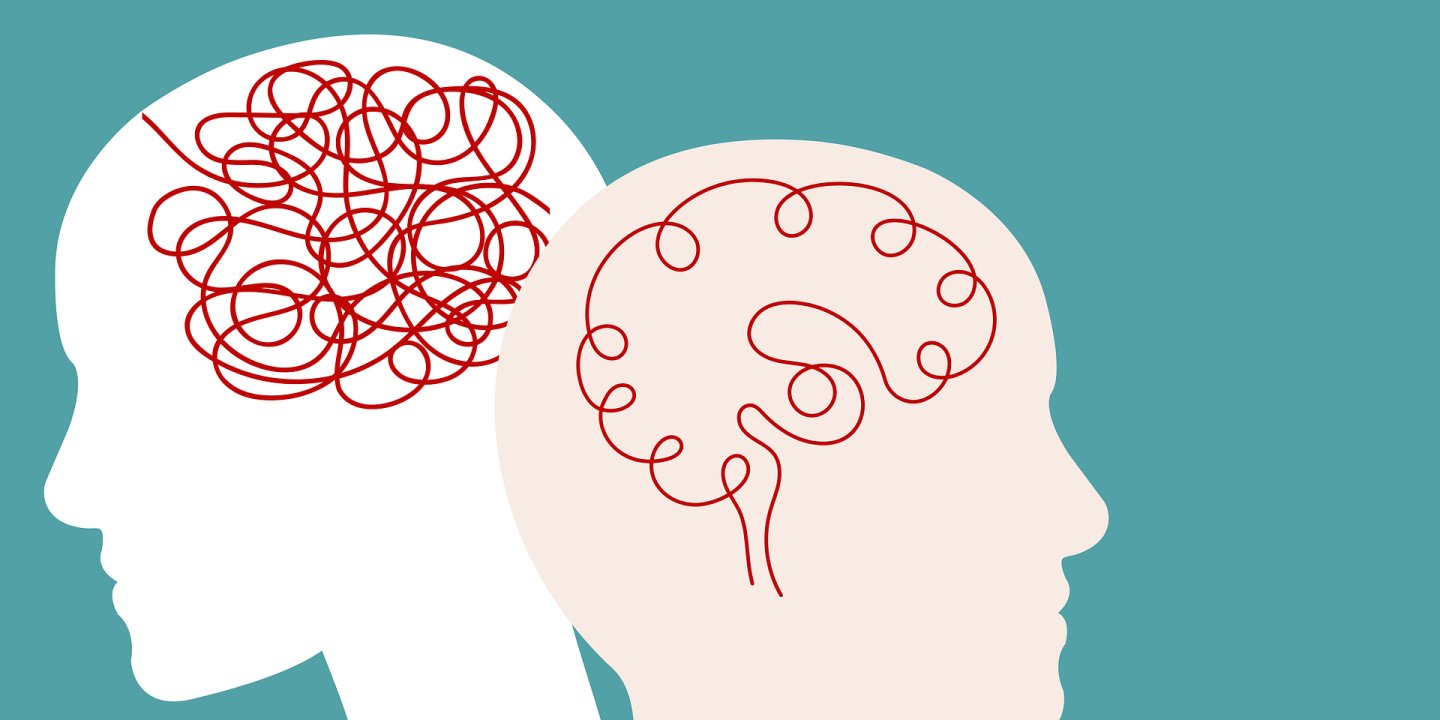
Mental health needs of people living with MS severely overlooked
Today, along with five other MS charities, we’re urging the UK Government and the NHS to implement our new recommendations to improve mental health support.
Our joint policy position was produced alongside charities that support the MS community: MS Trust, Overcoming MS, MS-UK, Shift.MS and Neuro Therapy Network.
Read our joint policy position on mental health
One in six people in Great Britain will experience depression. But our evidence suggests people with MS are even more likely to develop poor mental health. There are more than 130,000 people with MS in the UK and around half of them will experience depression at some point in their life.
Unable to access care and support
The MS diagnosis process can be lengthy and stressful, and usually takes months or years. Once someone receives a diagnosis, they often experience strong emotions such as shock, denial, anger or fear. These can limit their ability to make sense of, and adjust to, their health condition. But despite the high prevalence of mental health issues in people with MS, many aren't able to access the care and support they need.
To explore the link between MS and mental health experiences further, we carried out in-depth interviews with people living with MS, and their loved ones. People spoke about how the uncertainty of living with MS often affected their mental health. Many found MS flare-ups affected their wellbeing and ability to do day-to-day things like prepare meals, engage in family activities and socialise with others. Others found that having a poor mental health day could affect their MS symptoms, including fatigue and poor mobility, and make things more difficult.
We also looked at what mental health support is available to people with MS. We were told that some health professionals aren't able to offer quality mental health information and support. Reasons for this include poor understanding of MS, high clinical workloads and lack of time to discuss people's wellbeing and mental health.
Forced to face mental health needs alone
Jordan, 29, from London was diagnosed with relapsing MS in 2019. He says: “I remember how I felt when I was told I had MS – I wanted to give up. The doctor said to me ‘there’s no cure for MS’ and I was sent home with two charity websites to look up treatment options. I felt alone, with no idea where to go for support. My mental health was overlooked and ignored. If it wasn’t for my partner who knows what I’d have done.
From that first conversation with your neurologist you should be advised that MS can affect your mental health and signposted to support.

“It’s so important for me to speak out now as I can see other people with MS who are struggling. From that first conversation with your neurologist you should be advised that MS can affect your mental health and signposted to support. You need to be told how to accept it instead of being left to try to accept it yourself. You need to know there are people out there you can relate to.
"When I accepted the fact I’ve got MS and nothing’s going to change that, things became a lot easier to deal with. Not accepting it can have a huge impact on your mental health.”
The right support
Our Chief Executive Nick Moberly says: “More than 130,000 people live with MS in the UK, and nearly half will experience depression at some point. Yet people with MS are often having to face their mental health needs alone – and this simply cannot continue.
“Together with five other MS charities we’re urging the Government and the NHS to implement our recommendations to improve mental health support. These steps will make sure all people with MS and their loved ones get the right support when they need it.”


